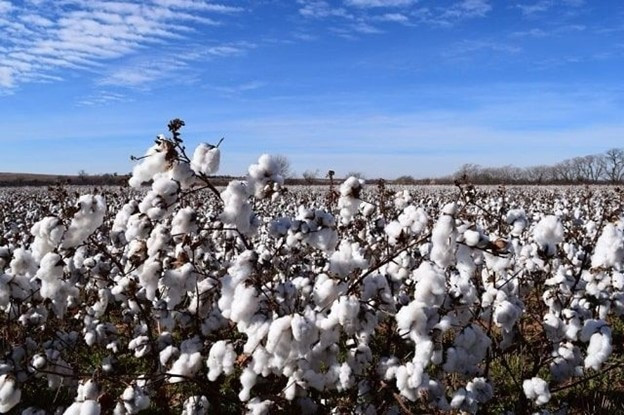RMG exports to major destinations see slight growth
The apparel export to the non-traditional markets reached $7 billion with a 30.8% YoY growth from $5.35 billion in the same period of the last FY22
Bangladesh’s apparel exports increased by 9.09% in the July-April period of the current fiscal year (FY23) to $38.57 billion, up from $35.36 billion at the same time the previous fiscal year.
However, in the July-April period of FY23, apparel exports witnessed negative growth from its main and second-largest single destinations, the United States (US) and Germany.
According to country-wide detailed data published by the Export Promotion Bureau (EPB) and compiled by the BGMEA, Bangladeshi manufacturers shipped apparel items worth $7.48 billion to the US – the single largest export destination – a 7.13% decrease from $6.94 billion in the same period last fiscal year.
In the mentioned period, they delivered RMG items worth $5.97 billion to Germany, the second-largest single export market, witnessing a negative growth of 7.33% from $5.53 billion in the same period the previous fiscal year.
However, Bangladesh witnessed a moderate positive growth of 10.88% by exporting apparel items worth $4.19 billion to the UK, the third largest destination, higher from $3.77 billion in the same period of the last FY, EPB data said.
Apparel exports to other major destinations such as Spain, France, Italy and the Netherlands increased by 16.69% to $2.95 billion, 22.21% to $2.40 billion, 42.40% to $1.85 billion, and 24.95% to $1.5 billion respectively.
Overall apparel exports to the European Union (EU) soared by 8.58% to $19.20 billion from $17.68 billion in the same period of FY22.
Exports to Canada reached $1.22 billion, fetching a YoY growth of 16.09% from $1.05 billion in the same period of last FY.
The apparel export to the non-traditional markets reached $7 billion with a 30.8% YoY growth from $5.35 billion in the same period of the last FY22.
Japan, Australia, Russia, India, China, South Korea, UAE, Malaysia, Brazil, Mexico and some other countries are known as non-traditional markets.
Among the major destinations of the non-traditional markets, exports to Japan reached $1.32 billion, with a YoY growth of 40.73% from $939.18 million in the last fiscal year.
Bangladesh earned $889.06 million from India between July and April of FY22-23, a 50.33% increase from $591.41 million during the same period of the previous fiscal year.
According to EPB data, non-traditional market exports to Australia, South Korea and Mexico climbed by 39.06% to 961.30 million, 31.61% to $477.81 million and 31.10% to $287.68 million, respectively.
Regarding the current situation, BGMEA President Faruque Hassan on Thursday said that the global economy is going through a turbulent situation due to the inflationary pressure and hike in fuel prices, which curtailed the purchasing capacity of the consumers.
This along with other factors saw negative growth in March and April by 1.04% and 15.48% respectively, he added.
Ringing an alarming bell on the future exports, he said that they recently had a meeting with the Buyers Forum and asked them about the projection for 2023.
“They could not give us any promising projection. Rather, they see sluggish retail sales, excessive inventories and supply chain crises across Europe and the US as major problems,” he added.
He also said that the downtrend in the export was projected earlier and there are no adequate orders.
However, he said that the export to the nontraditional market is growing, which is a message of hope for them.
BGMEA Director Mohiuddin Rubel said that the target was around $46 billion and they are near there.
“If we want to fulfill our target, we need exports of almost $4.3 billion for the next two months and we can see it is a little bit tough due to the current situation,” he added.
The pace of the export is slow and the orders are decreasing as buyers are watching the situation very cautiously as the stocks are more within inventory.
But in terms of the nontraditional market, Bangladesh is doing good
“If we concentrate more on China, India and other nontraditional markets, our product variations will increase and also bilateral trade,” he added.

























